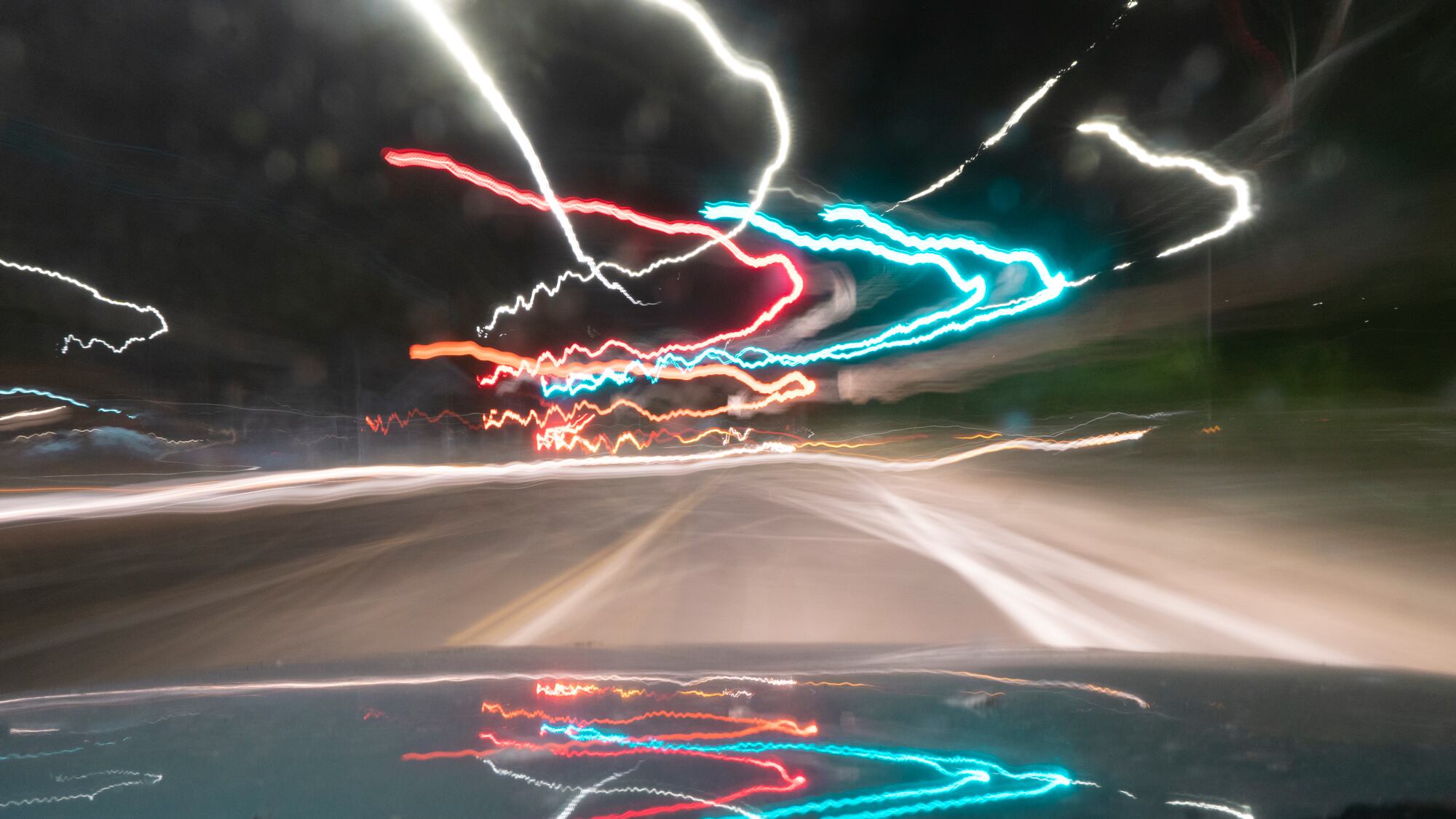Ray Thomas says the Portland Bureau of Transportation should erect speed cameras all over town.
"Fixed speed cameras are great," says Thomas, a lawyer who represents victims of car crashes. "They don't discriminate against any socioeconomic group or political profile and provide more deterrence than any other mechanism I know of."
PBOT agrees with him. In a report submitted this year, the bureau told state lawmakers, who greenlighted the cameras' installation in 2015, how well the cameras were working.
"Comparing the change among the 'before' speed study and the most recent speed counts, there is an overall 57 percent decrease in the number of cars traveling over the posted speed limit; [an] 85 percent decrease in numbers of drivers traveling more than 10 mph over the posted speed," the report said.
In a cover story last week ("Blindsided, WW, Aug. 21, 2019), advocates pointed to speeding and drunken driving as top culprits for traffic deaths that have claimed 34 lives so far this year. One possible solution: more DUII enforcement. Another: more fixed speed cameras.
The first problem: Installation of the cameras was slow and limited. It took PBOT more than three years to install the existing eight cameras, which are stationed on either side of four high-crash corridors.
"We should have a lot more," says Scott Kocher, a lawyer active in transportation issues. "That is a no-brainer."
Second, the existing cameras—and any potential expansion—are constrained by a staffing shortage at the Portland Police Bureau and restrictive work rules that permit only cops to review the photos.
"The cameras are very effective," says Capt. Stephanie Lourenco, who leads the bureau's traffic division. "But what we've had to tell PBOT is, 'No more.' We don't have enough people to process the tickets."
The city of Portland has taken extraordinary steps to stop motorists from speeding: It lowered the speed limit on all residential streets to 20 miles per hour last year and has separately obtained the state's permission to lower the limit on nearly 100 other sections of more heavily trafficked roads.
But when it comes to cameras, which researchers around the world say make immediate, significant changes in drivers' behavior, PBOT has moved cautiously.
In 2015, city officials went to Salem asking for a new law that would allow fixed speed cameras (cameras in mobile vans were already allowed).
The city's lobbyist, Elizabeth Edwards, made a powerful case to lawmakers, citing a Portland traffic fatality rate that was higher than those in New York, Chicago, Oakland and Seattle, and 50 percent higher than that in San Francisco.
"Speeding and aggressive driving are the top contributing factors to serious crashes across the region," Edwards said.
The city's argument overcame concerns about invasion of privacy and cash-register-like speed traps.
The new law allowing fixed speed cameras went into effect July 20, 2015. PBOT's installation plan called for it to have eight cameras installed by October 2016. Instead, the bureau installed only two by then. The fourth and final set of cameras didn't issue a ticket until October 2018, 39 months after lawmakers approved the concept ("Slow Going," WW, Nov. 23, 2016).
The cameras were part of Vision Zero, a campaign to eliminate traffic deaths on city streets by 2025. Like the camera legislation, Vision Zero was introduced in 2015.
"Vision Zero is addressing an urgent problem," says Izzy Armenta, a spokesman for Oregon Walks, a pedestrian advocacy group, "but the way transportation bureaucracy works isn't quick."
PBOT spokesman John Brady says logistical challenges are responsible for the slow rollout. "Procurement and planning take a long time," Brady says.
The cameras are also issuing fewer tickets than projected.
One stumbling block is a requirement included in the original legislation that a sworn police officer review all film from the cameras and sign each citation issued (current fine for speeders: $170 a pop).
Lourenco, the traffic division captain, says the Police Bureau never thought that was a good idea. "PPB didn't want to partner in the project," she says. But it had no choice.
Since then, PPB staffing has shrunk. Five years ago, the traffic division deployed 33 motorcycle cops. Today, Lourenco says, it has the full-time equivalent of 12—and one of them spends a lot of time looking at film. That's a job other cities, such as Denver, employ civilians to do. Portland could too, if lawmakers allowed it. "PBOT issues parking tickets and they have no police power," Lourenco adds.
Margaux Weeke, a spokeswoman for Transportation Commissioner Chloe Eudaly, says Eudaly is eager to do more with speed cameras. "Com. Eudaly supports changing that law so that PBOT could fund more traffic enforcement directly, but as of now it limits the city's ability to expand photo enforcement," Weeke said in a email. In June, Eudaly passed an ordinance that authorized the expenditure of $15 million over the next five years on red light cameras and fixed speed cameras.
Brady, the PBOT spokesman, says PBOT hopes to deploy cameras at four additional spots next year.
Thomas says that's not enough or fast enough. "The cameras change people's behavior," he says. "We just need more, more, more."
